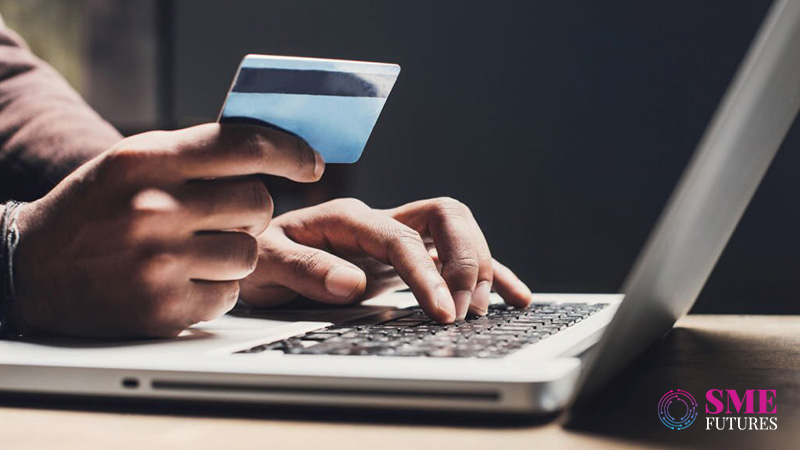As digital consumption rises exponentially in India, the consumers have become more protective of their personal data and are better evolved than their global counterparts in terms of awareness while shopping online, a new report revealed.
The trend has been captured in the backdrop of the post-pandemic era, which has increasingly seen a rise in digital consumption across segments including grocery, fashion, health and beauty, consumer electronics travel, sports and fitness, crafts and creative and alcoholic beverages.
“Seventy-five per cent of the Indian consumers (59 per cent globally) are evolved and are more aware and protective of their personal data,” said Somick Goswami, Partner at PwC during the India D2C (direct-to-consumer) summit here.
With relaxation in post-pandemic restrictions, the consumers are also likely to take a cross-channel view with intertwining between offline and digital transactions “with 73 per cent likely to visit shopping malls”, Goswami noted.
The rise in D2C in India has been facilitated by payment gateways, with experts attributing a 99 per cent success ratio as being key to selecting the payment gateway and managing the transaction expense ratio.
The fast-growing D2C market is seen as a $100 billion opportunity.
To date, only 5 per cent of the 600 companies in the D2C segment have achieved the Rs 100 crore revenue milestone while 20 per cent and 75 per cent of those companies have revenue between Rs 20-Rs 90 crores and below Rs 20 crore, respectively, which may see consolidation going forward.
Tata Consumer’s Nutrikorner, ITC’s Store.in and Hindustan Unilever’s The U Shop are among 600 Indian companies that have forayed into the D2C market after the success of Nykaa.
Experts said that new-age companies are now attracting higher valuation compared to conventional FMCG companies, with a 10 per cent revenue shift seen towards D2C by 2025.











